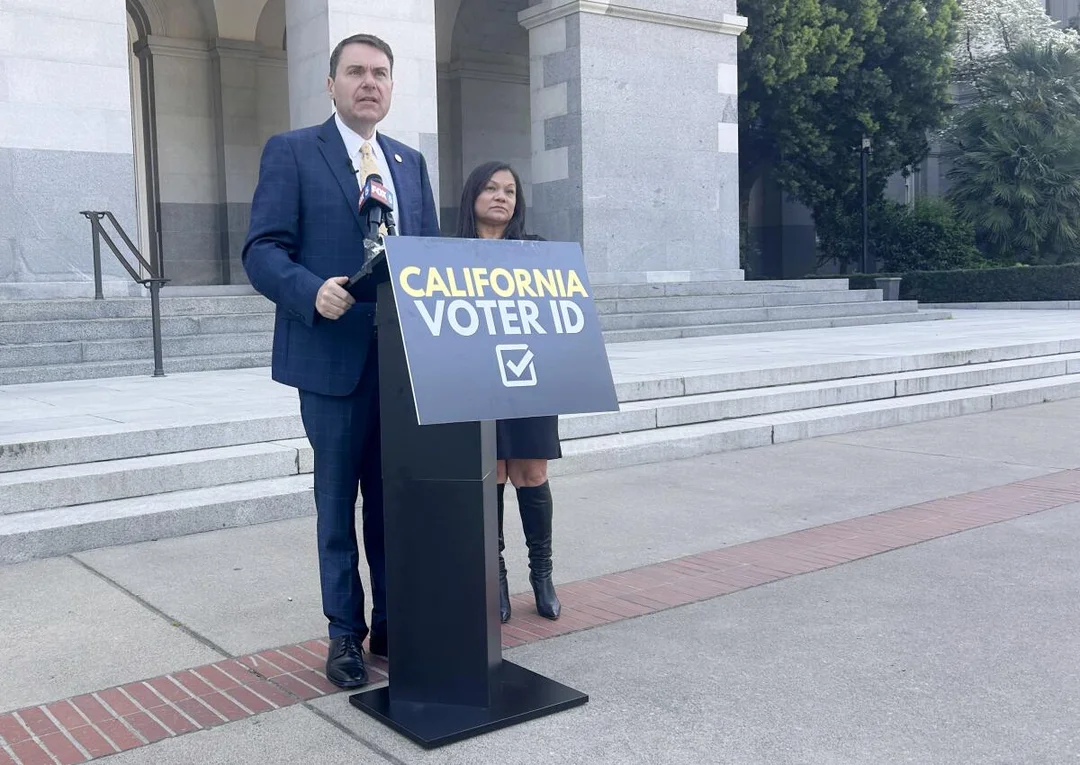
California’s Heated Battle Over Voter ID: Election Integrity or Voter Suppression?
In a move that has reignited fierce debate over election integrity versus voter access, California lawmakers recently rejected a Republican-authored bill proposing strict voter ID and proof of citizenship requirements — but the conversation is far from over. The bill’s sponsor, Assemblymember Carl DeMaio, now vows to take the fight directly to voters through a 2026 statewide ballot initiative, underscoring California's pivotal role in the national clash over how Americans cast their ballots.

Assembly Bill 25 sought to bring California’s relatively lenient electoral verification policies in line with those of 36 states that require some form of voter ID at the polls. Specifically, it would mandate documented proof of citizenship, such as a passport or birth certificate, for voter registration, along with presenting a government-issued photo ID when voting in person, and submitting government ID digits on mail ballots. The proposal also called for a rapid ballot-counting window of 72 hours post-election day, a marked change from the month-long tallies currently common in some counties.
DeMaio asserted that the bill was a “nonpartisan effort to restore public trust,” citing a Gallup poll showing roughly 84% of Americans nationwide support photo ID mandates and proof of citizenship when registering. In his words, "Democrat, Republican, and everyone in between, they care about the health of our democracy. They demand more integrity from our elections."
Yet, Democratic lawmakers and advocacy groups characterized the proposal as a solution in search of a problem—one that risks disenfranchising eligible voters, particularly marginalized communities. According to the League of Women Voters’ Dora Rose, “Forcing otherwise eligible voters to obtain government documents amounts to an unconstitutional poll tax.” Chair of the Elections Committee, Democrat Gail Pellerin, emphasized, "There is no evidence of widespread voter fraud, there is no evidence that proof of citizenship is needed to secure the integrity of our elections.” She argued such measures would only amplify unfounded doubts about California’s electoral process.
Indeed, under current California law, registrants attest their citizenship status under penalty of perjury, and first-time voters without ID must show identification at the polls. Critics argue this system balances security with broad access, contrary to claims by proponents that it invites fraud.
The bill's defeat follows recent disputes over a federal executive order by former President Trump to impose nationwide proof of citizenship, which California and a coalition of states are actively challenging in court. Trump insists tightening ID rules is essential to prevent illegal vote casting, though independent reviews repeatedly find little evidence of systematic fraud.
Despite legislative defeat, voter ID advocates aim to circumvent the Capitol by collecting about one million signatures to place a constitutional amendment on California’s 2026 ballot. Reform California, a conservative grassroots group, hopes this route will bypass partisan gridlock and let citizens decide, potentially setting a precedent for similar measures nationwide.
This intensifying struggle spotlights fundamental questions: How much regulation is justified to safeguard elections? And at what cost to voter inclusion? With the 2026 campaign gearing up, Californians will likely stand at the center of a national referendum on these issues.
As this complex saga unfolds, what do you think: Will voter ID requirements protect democracy — or threaten it? Share your perspectives and join the conversation below.